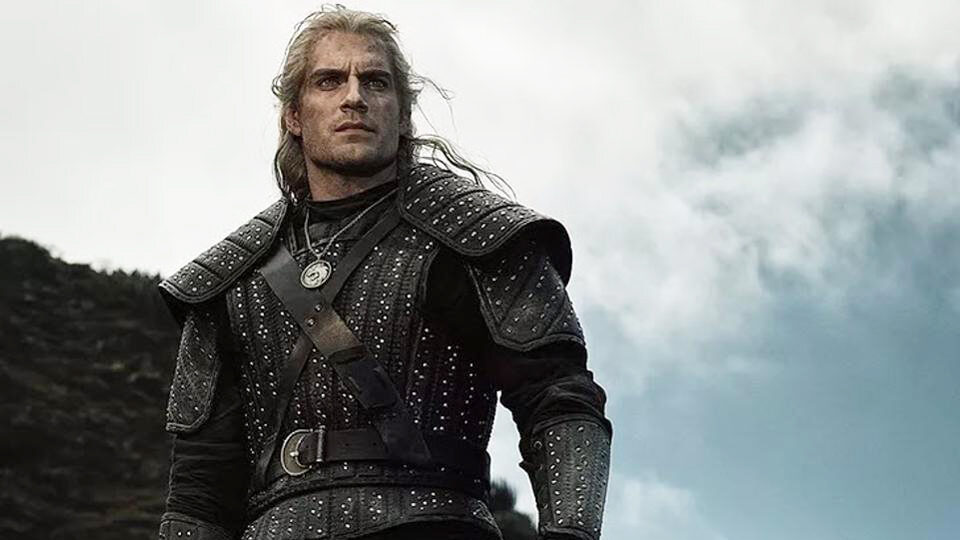
When Netflix’s “The Witcher” was announced a little over a year ago, I had very high hopes for the show. The world that Andrzej Sapkowski, the Polish author of the book series that the show is based on, created has so much meat on the bone and great characters to get to know that it’s little wonder why Netflix sought the rights to make it into an original program for the streaming giant.
I am glad to report that my hopes were well-founded, as I think this is one of the best fantasy shows I’ve seen in some time. The acting of the show is superb, proving that Henry Cavill can indeed pull off a great performance when he has good direction and material to go off of. The rest of the cast does an equally talented performance; mastering the roles they’ve been given. The battles in the show are intense and engaging to witness, showing an excellent understanding and execution of choreography.
The show does well with pacing out these fights through its alluring story, driven by the three focal characters: Geralt, Yennefer, and Ciri. The reason I love this series is largely due to its genre: dark fantasy. Dark fantasy is a personal favorite genre of mine, largely because of the unique tension it creates with real world issues and those found in the world of fantasy.
A staple of dark fantasy is how the average person in such a world usually lives a bleak, peasantry existence while also having to contend with supernatural horrors they cannot hope to overcome themselves. It makes an in-world reason for why characters like Geralt and Yennefer are so unique. But dark fantasy usually takes how those who are unique are perceived in a more realistic, if cynical, route: they are hated.
Geralt, the titular Witcher of the series, is not well-liked by most people in his world. This is because Witchers are men who have undergone mutations and alchemical treatments to allow them to be able to combat supernatural beings no normal man could hope to contend with. To the common man, Geralt is at best a few degrees of separation from the monsters he hunts, often shunned and hated by the very people he protects.
Moreover, the show makes a very good case that mankind can be far more monstrous than the things that lurk in the darkness. “The Witcher” does the dark fantasy genre masterfully with its own unique flavor, while also avoiding making the grim tone so oppressing that it becomes distracting and makes the show unavoidable. It’s important to know that the start of the series is intentionally vague with the sequence events take place in, but it becomes clear to the viewer in a healthy amount of time
My only real knock, if you could call it that, against the show is that I felt Netflix should have given it a bigger budget, as there are some scenes that could have benefited from a little more resources being available. Thankfully, the well-deserved success of the first season of “The Witcher” will ensure not only a second season, but more funding behind the project. So toss a coin to Netflix for this fantastic start to what I hope is a long-running series.
